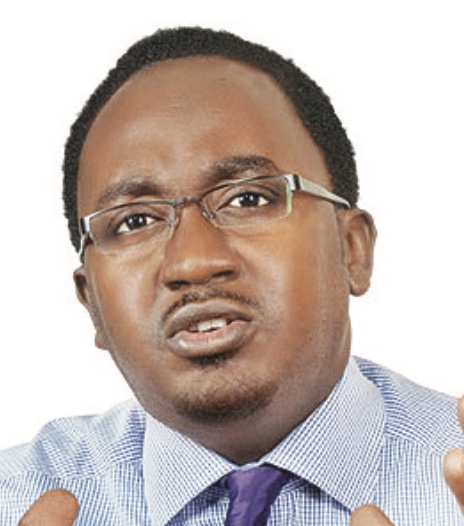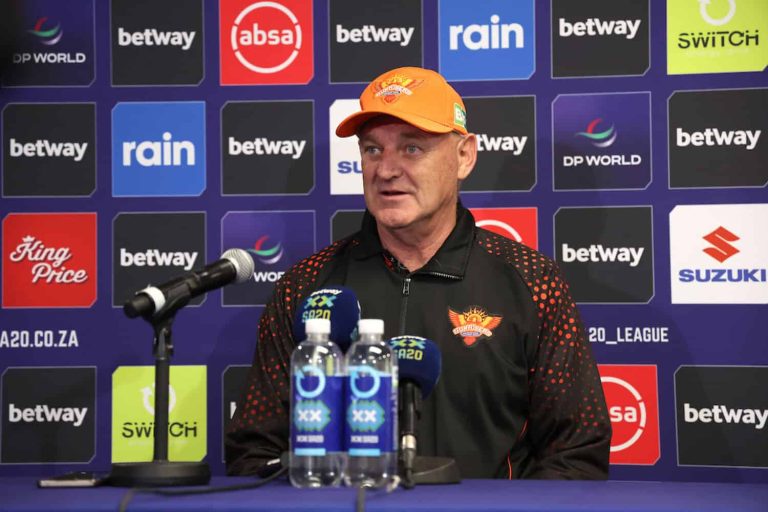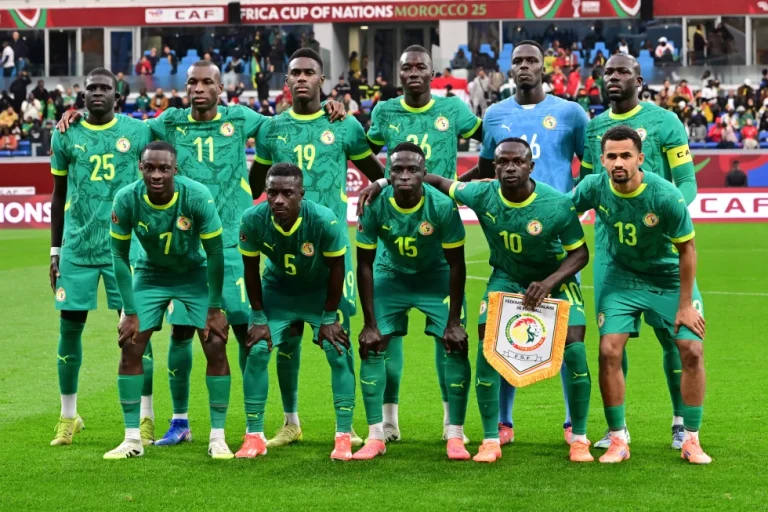
Screenshot

Numbers tell stories that speeches cannot. Uganda’s 2025 local government nominations have done just that.
They have peeled back the skin of politics to show the country’s inner anatomy. Behind the numbers lie whispers of continuity, signs of change, and a deeper truth: power in Uganda is no longer just about parties. It’s about proximity, personality, and presence.
Nearly 80,000 candidates were nominated across 26 Ugandan political parties for local government positions, from districts to sub-counties. In these figures, Uganda’s politics isn’t abstract; it’s flesh and blood, contested in parish meetings and the noise of trading centres.
The National Resistance Movement (NRM) still forms the spine of Uganda’s political structure. Out of 79,990 candidates, it produced 43,823, about 55 per cent. That’s not influence; it is infrastructure.
Its roots run deep, through people’s daily lives. In western Uganda and Karamoja, where the NRM claims between 70 and 85 per cent of all nominees, politics is not opposition versus party in government; it’s government as life.
By contrast, the opposition’s strength is symbolic, not structural. The National Unity Platform (NUP) fielded 6,121 candidates, about 7.6 per cent. The Forum for Democratic Change (FDC) followed with 2,951; UPC with 1,620; the People’s Front for Freedom, 1,229; and the Democratic Party, 775.
Together, they form a vocal minority, roughly 17 per cent of total nominees. Yet their noise exceeds their numbers. Their power resides in cities like Kampala, Wakiso, Mukono, Jinja and Gulu.
Here, youth activism and civic energy converge. Urban politics is the opposition’s natural habitat; noisy and visible. Disaggregated by gender, the opposition’s inclusivity shines in contrast to its size. NUP fielded 1,500 women, about a quarter of its ticket. FDC followed with 700, and UPC 400.
These are not mere statistics; they represent a quiet feminist evolution within an otherwise patriarchal political culture. Then come the Independents, Uganda’s new political insurgents.
They are not the void between parties; they are the movement within it. 22,801 Independents, nearly 29 per cent of all candidates. One in every three aspirants now belongs to no party. This isn’t defiance; it’s reinvention.
In the north Acholi, Lango and West Nile, Independents dominate. In central districts like Wakiso, Mpigi and Luweero, they thrive again, surfing waves of personal loyalty. In the east, they ride clan ties and communal networks.
The majority are not anti-system; they are post-system, former NRM members, sometimes casualties of primary elections, now standing on personal capital. Grassroots politics has become intimate.
Candidates win through visibility, accessibility and service, not slogans or ideology. Voters no longer ask “What party?”, they ask “Did you help during the funerals when we needed help?”
Even gender dynamics reflect this shift. At least 6,000 women are running as Independents, many escaping patriarchal nomination processes associated with some parties. For them, independence isn’t rebellion, it’s emancipation. The opposition remains relevant only where the microphones are, the cities.
NUP, though just 7.6 per cent numerically, dominates political discourse, on radio, television and social media. It shapes the national conversation even when it doesn’t shape the local council.
FDC and UPC, though diminished, still give the political theatre its moral memory, the reminder that Uganda once dreamt in plural. Taken together, the nominations reveal a three-tier political architecture.
The NRM is the foundation, wide, stable deeply entrenched. The Independents are the bloodstream, restless, adaptive and unpredictable. The Opposition is the conscience, urban, and idealistic.
Power in Uganda has become social before it is political. It flows through relationships, not rallies; through WhatsApp groups, not manifestos. The future will not belong to the loudest party but to the most connected leader, one who blends the NRM’s organisation, the Independents’ authenticity, and the Opposition’s conviction.
In the end, Uganda’s local nominations are not just a list of names. They are a mirror. Look closely enough, and you see not politics as performance but politics as personality, survival, and reinvention.
The writer is a member, Uganda Human Rights Commission (UHRC).



